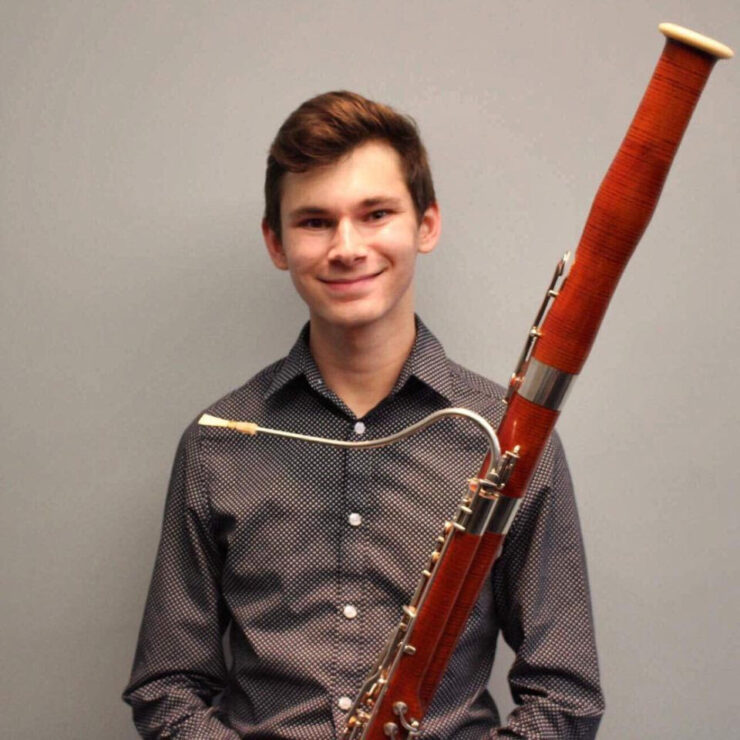Report calls program ‘deeply troubled,’ university halts admission of new students
Photo by Adam Feibel
The University of Ottawa has suspended admission of new students to its journalism program for the upcoming academic year.
A university committee decided to suspend admission to the program at the earliest opportunity after an internal report to the university senate in May 2012 revealed the program to be “deeply troubled.”
“One has the impression that these programs are nothing more than experiments,” the internal report said. “They are poorly conceived and in so doing, damage the reputation of the university.”
The report urged the university to shut down the program as soon as possible.
“Given that Carleton University already dominates journalism in the region, and that both colleges offer programs, one must ask: Why is the University of Ottawa attempting to enter this space?” the report asked.
The four-year journalism program has been offered in either French or English in partnership with Algonquin College and La Cité collégiale. Students spend two years at university and two years at college in order to earn their degree.
Program coordinator Evan Potter stressed that only admission of new students to the U of O program for the 2013-14 term has been suspended in order to allow the department to revamp the program over the next eight months.
“We think it is a solid program,” he said. “Obviously, we are responding to the recommendations of the report. We agree that having more dedicated journalism courses can add to group cohesion, but we don’t agree that the existing courses are flawed.”
Potter, one of two new program coordinators introduced this year, said the intention of the program was never to compete with Carleton University, but to provide a “broad undergraduate education” that is “anchored in communications” but allows students flexibility in their studies through the choices of mandatory electives.
However, in response to criticism by external evaluators, the department plans to add more journalism-focused courses in order to create a better atmosphere for students in the program.
“It was felt that with more journalism courses, students would feel more group-cohesive because they would see each other in those dedicated courses, rather than being in a sea of mostly mass comm students,” said Potter.
The university also hopes that this group cohesion will encourage more students to continue their studies at Algonquin College or La Cité collégiale after their second year.
The revision of the program will not affect students currently enrolled in either the U of O, Algonquin College, or La Cité collégiale journalism programs. Students who graduated from either of the college programs this spring will still be able to enrol in the U of O portion of the program this year.
Potter said the intention is to reopen admission for the fall of 2014.
“Creating new courses is a big deal … so by freezing the admissions for eight months, we give ourselves a breathing space to make those course modifications,” he said.
The decision to suspend admission came as a surprise to at least one of its partners. According to the Ottawa Citizen, a spokesperson at Algonquin College said the first the college heard about the suspension, or even any of the program’s problems, was the morning of Aug. 14.
“We had no heads-up. We were not apprised of anything,” said communications officer Phil Gaudreau.
However, Gaudreau made it clear that the decision would not affect journalism students at the college and remained supportive of the university’s changes.
“Algonquin is supportive of the university’s review process and we expect that, moving forward, what is currently a good program will be made an even better program,” he wrote in an email.
Gabrielle Tieman, a 2012 graduate of the joint program with Algonquin College, said the U of O program had “no focus” and that she didn’t feel as if she were studying journalism during her time at the university.
“I would have to say 70 per cent of my classes were politics classes and the occasional communications class,” she said. “We were required to take macroeconomics, we were required to take history and geography, and honestly yes, they were good classes, but I never specifically had a journalism class.”
Tieman, now an associate editor of online media at Toronto-based publishing company Goddess Connections, completed the U of O portion of the program in 2010. She said she enjoyed her time at the university, but the program itself didn’t have much to offer.
“The teachers are great and the school is great, but the program’s not there. There’s zero structure,” said Tieman.
“I thought the Algonquin program was very well-rounded, whereas the [U of O] program did not prepare us for anything Algonquin taught us whatsoever. There was no synergy there,” she added.
The program started in 1998 as a way to offer the only French-language university degree in journalism in Eastern Ontario in articulation with the existing program at La Cité collégiale. Given that the U of O is a bilingual university, the same program was introduced in English in 2003 in articulation with Algonquin College.
The U of O normally accepts up to 35 students per year who wish to begin their degree at the university.





